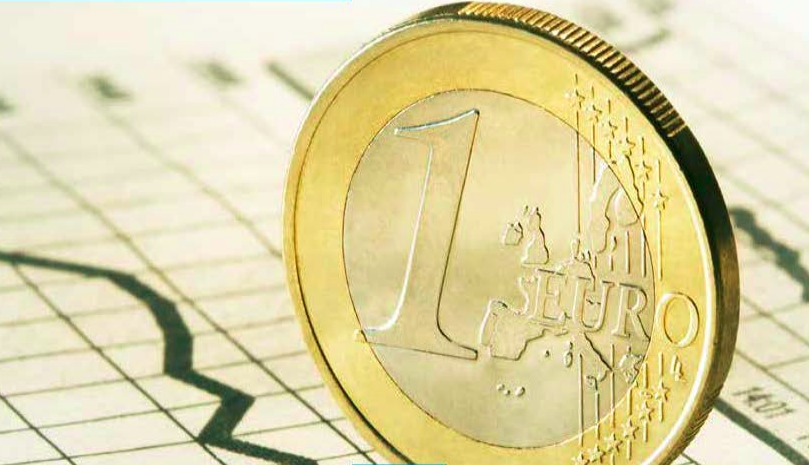Brussels – Concerns and optimism. Europe's economy is holding up, but the real question is how long it will last. The European Commission's spring economic forecast includes a number of factors. on the one hand, Better-than-expected growth and continued decline in inflation in early 2024 set the stage for gradually expand Changes in economic activity over the forecast period. However, uncertainty and downside risks to the economic outlook have increased in recent months. This results in conservative estimates that are likely to be revised in the coming months.
of The euro area economy is projected to grow by 0.8% in 2024, the same as the previous forecast in February. However, compared to the previous report, the outlook decreases as follows. Forecast for 2025 is 0.1 percentage points:Gross domestic product (GDP) is now expected to be 1.4% rather than 1.5%, weighed down by a slowdown in major eurozone economies, including Germany, which is expected to be roughly flat (0.1%) this year. Growth is also subdued in France (0.7%), and further contraction in Estonia (-0.5%).
There is good news regarding the consumer price index. “Inflation is expected to continue to decline and reach the target in 2025, slightly earlier than expected in the winter interim forecast,” the EU executive stressed. The figures indicate a slowdown for the euro area from 5.4% in 2023 to 2.5% in 2024 and 2.1% in 2025.the committee will reduce the inflation rate by 0.2 percentage points this year and 0.1 percentage points next year.
external factors, especially The Russia-Ukraine conflict and the development of conflicts in the Middle East. But more generally, “broader” Geopolitical tensions continue to pose risks.” Needless to say, “sustained inflation in the United States could lead to further delays in rate cuts in the United States and elsewhere, resulting in some tightening of global financial conditions.”
economic committee Paolo Gentiloni It attempts to summarize and evaluate documents that are composed of light and shadow. “The EU economy recovered markedly in the first quarter, showing that it has turned a corner after a very difficult 2023,” he said. With this in mind, he explains:We expect growth to accelerate gradually from this year to next.But he added:Our forecasts remain subject to high uncertainty, as two wars continue to rage not far from home. Downside risk is increasing”
Reform and prudence are therefore required. “Public debt is expected to increase slightly next year, indicating the need for fiscal consolidation while protecting investments,” Gentiloni said. This sign is especially true of Italy and its endless debt. Valdis Dombrovskis, the commissioner for an economy that works for the people, called for “a more prudent fiscal policy to reduce the high debt ratio.”
English version by Withub translation service

